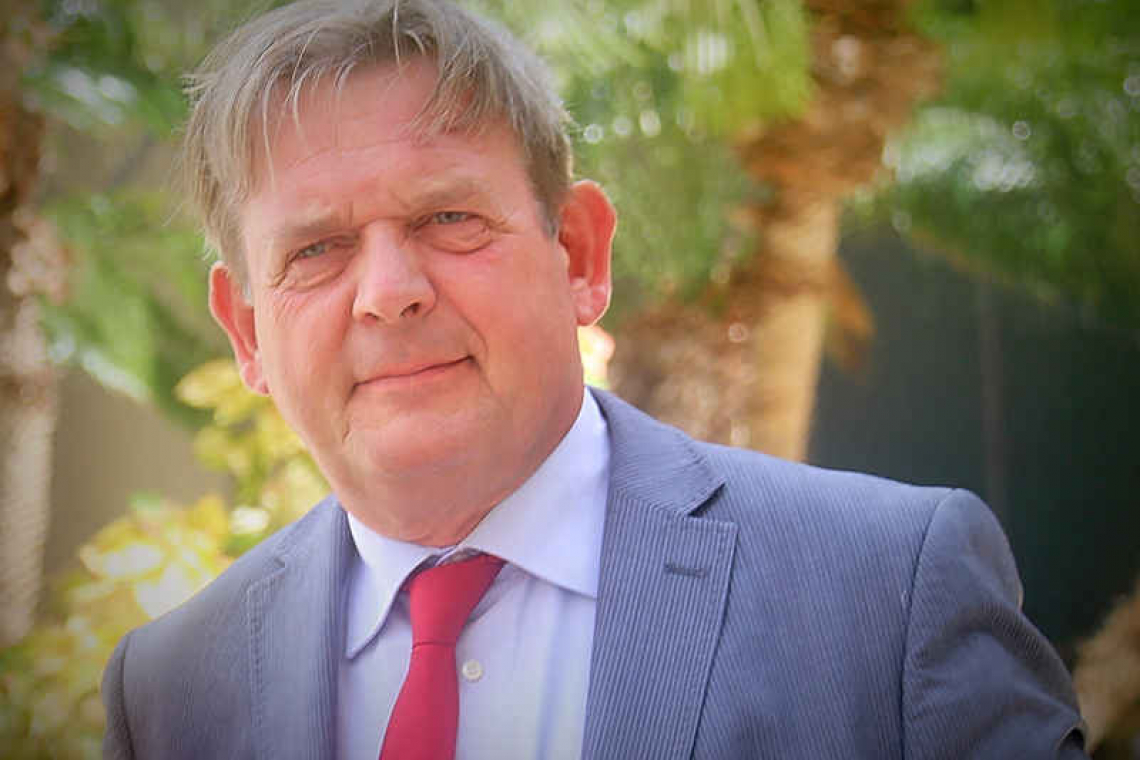THE HAGUE--The National Ombudsman, during an investigation of the procedure of complaints at the Caribbean Netherlands Police Force KPCN, received signals of Bonaire, St. Eustatius and Saba residents who do not feel at ease filing a complaint about police behaviour.
On Monday, National Ombudsman Reinier van Zutphen, who also is the ombudsman for the Caribbean Netherlands, presented the report about the handling of complaints by KPCN. One of the main conclusions was that while the police force on the islands did make some significant progress in the area of handling complaints, there is still room for improvement.
The National Ombudsman assessed whether the handling of complaints from citizens fits the vision of the ombudsman on profession complaints procedures. The ombudsman also looked at whether the recommendations of the 2016 investigation of the Law Enforcement Council for the Caribbean Netherlands into this same topic were addressed.
During the investigation, the ombudsman received multiple signals from residents who did not dare to file a complaint at the KPCN. “They fear the consequences of filing a complaint against a police officer. This is especially sensitive because of the small scale of the islands.” Persons with a complaint on the islands think: “I know the people working at the police, so I will solve my own issue.”
According to the ombudsman report, talks with the police chiefs in St. Eustatius and Saba showed that they were aware of the fact that many people did not feel comfortable filing a complaint due to the smallness of the community.
“The police chiefs indicated during the talks that the situation in St. Eustatius and Saba was different than in Bonaire. The culture on a small island is different. The police officer you file a complaint about can be the person who saves you from a burning car tomorrow. Also, in Saba and Statia, there is a lot of social control where family members correct each other’s behaviour,” it was stated in the report.
KPCN officers have a lot of contact with residents during their work and it happens on a regular basis that people file a complaint about the handling by these officers. To deal with complaints in a professional manner, it is important to acknowledge that handling of complaints is a task that requires specialist know-how and skills. It is also important that everyone in the police force has an open mind where it concerns complaints.
In Saba, Statia, the complaints that were reported by residents were mostly solved in a personal talk with the local police chief. No official registration of the complaints took place on these two islands in 2017 to 2019, the period the ombudsman investigation covered. In Bonaire, 35 complaints were filed in 2019, seven in 2018 and 20 in 2017.
“The KPCN is on the right track to professionalise the handling of complaints. Complaints of residents are taken seriously. But I also see possibilities to make the handling of complaints go even better,” stated Van Zutphen.
The report listed 10 recommendations: make the handling of complaints definite and visible; install a box in Saba and St. Eustatius where people can leave their complaint on paper; register informally solved complaints; make an annual complaints analysis; inform citizens when a disciplinary investigation is initiated; send a copy of the complaints to the island governor and the Prosecutor’s Office; be transparent and involve the concerned citizen; check whether the handling of the complaint was to the satisfaction of the person who filed the complaint; motivate the decision in a closing letter.
Van Zutphen has presented the report to KPCN Chief Jose Regales and has offered to assist where he can to implement the recommendations. Specifically, where it concerns Saba and Statia, the ombudsman would like to see the 2011 manual for handling complaints applied in practice. Formal registration of complaints and an annual complaints analysis will aid in improving the way the KPCN handles complaints.







